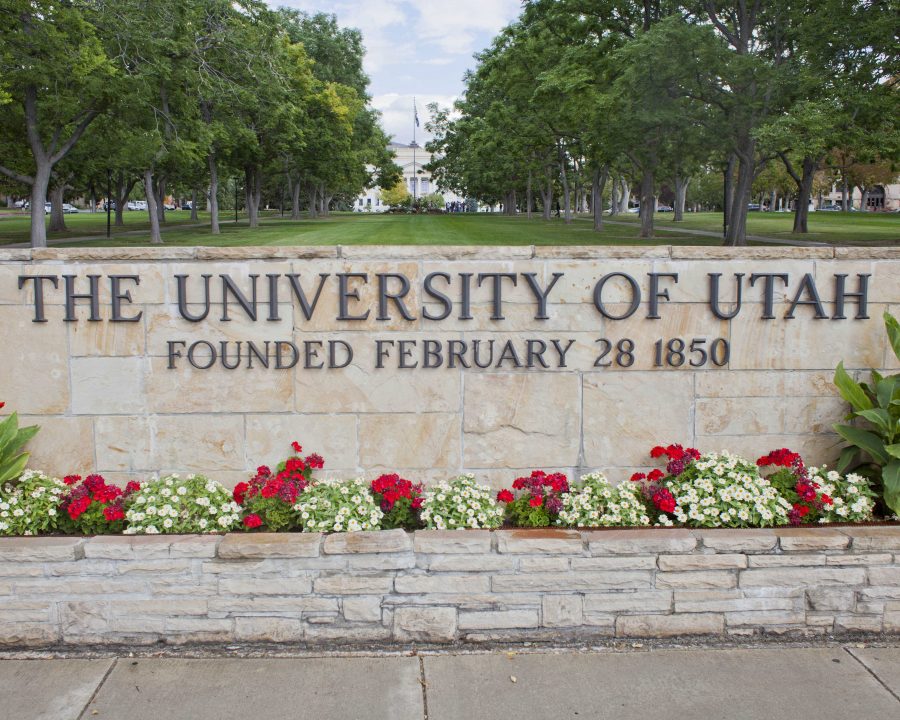To the professors who have experienced it, the lack of a nationally competitive wage can lead to jealousy, disappointment and the loss of valued colleagues.
Karin Baumgartner, a professor of German, said she has recently seen this happen in the U’s Department of Languages and Literature, where there was an assistant professor, loved by both faculty and students, who was offered $20,000 more to work at a university in Indiana. The U was unable to match the wage, and the person left.
“They were someone who was really important that was cut out of the fabric of the university,” Baumgartner said.
To prevent situations like these, the U and other institutions of higher education around the state are in the process of lobbying the Utah Legislature for a three percent “performance compensation increase” for its employees.
Jason Perry, director of the Hinckley Institute of Politics and vice president of government relations, said the goal is to attract and retain qualified faculty and staff at the U.
Baumgartner said the problem is the U cannot match better offers made by other colleges across the U.S. without causing inequities within individual departments.
“Suddenly someone would be making the national average with everyone else making much less,” she said.
Baumgartner said it creates resentment when professors feel the only way they can achieve a raise is to “fish for another job and threaten to leave.”
Scott Anderson, professor of chemistry, said that in the last five or six years he has noticed very minimal raises beyond matching the basic cost of living, estimating that last year’s was about 1.6 percent.
“There’s always the risk of [faculty] leaving. This would be a good way to keep them,” Anderson said. “If they got the three percent, it would be significantly better than the past.”
University representatives presented the three percent raise to the legislature earlier in the session. Perry said the higher education appropriations committee has made a recommendation to the executive appropriations committee, advocating for the funding increase. Last semester, Perry announced the wage increase would be one of the U’s top legislative priorities, and he believes it will succeed.
“The legislature understands the importance of properly compensating the people who work for our institutions of higher education,” he said.
Perry said he won’t know how the bill does until the end of the session in March, but said Gov. Gary Herbert currently supports the pay increase. Baumgartner, too, hopes the legislature will approve the raise, not only for the sake of professors, but for those they teach as well.
“When you have jealousy and unfairness, it makes people not want to work together,” she said. “Students expect faculty to be a unit.”
@NikiVenugopal


